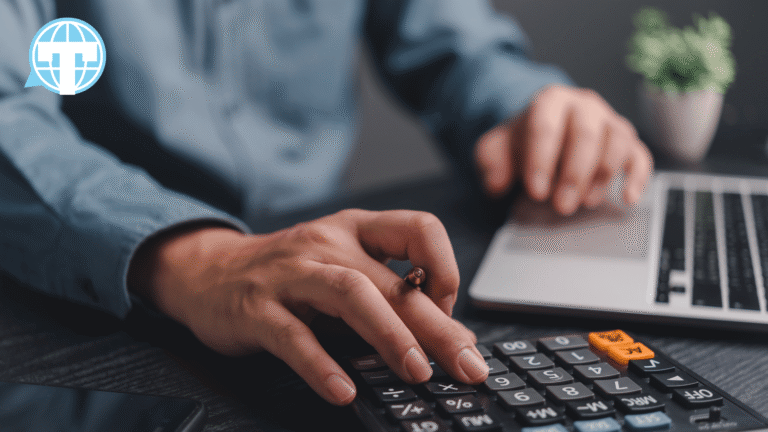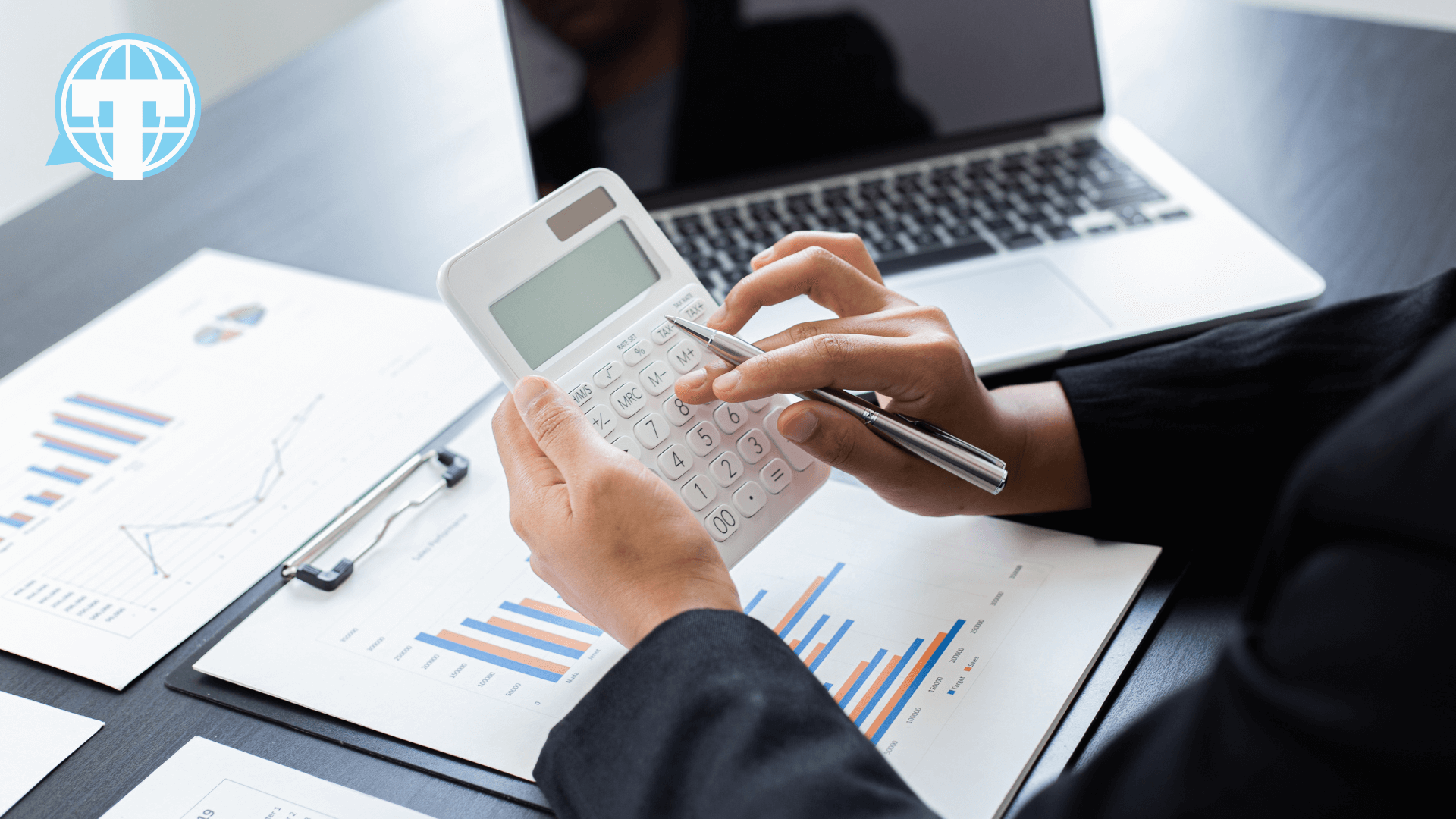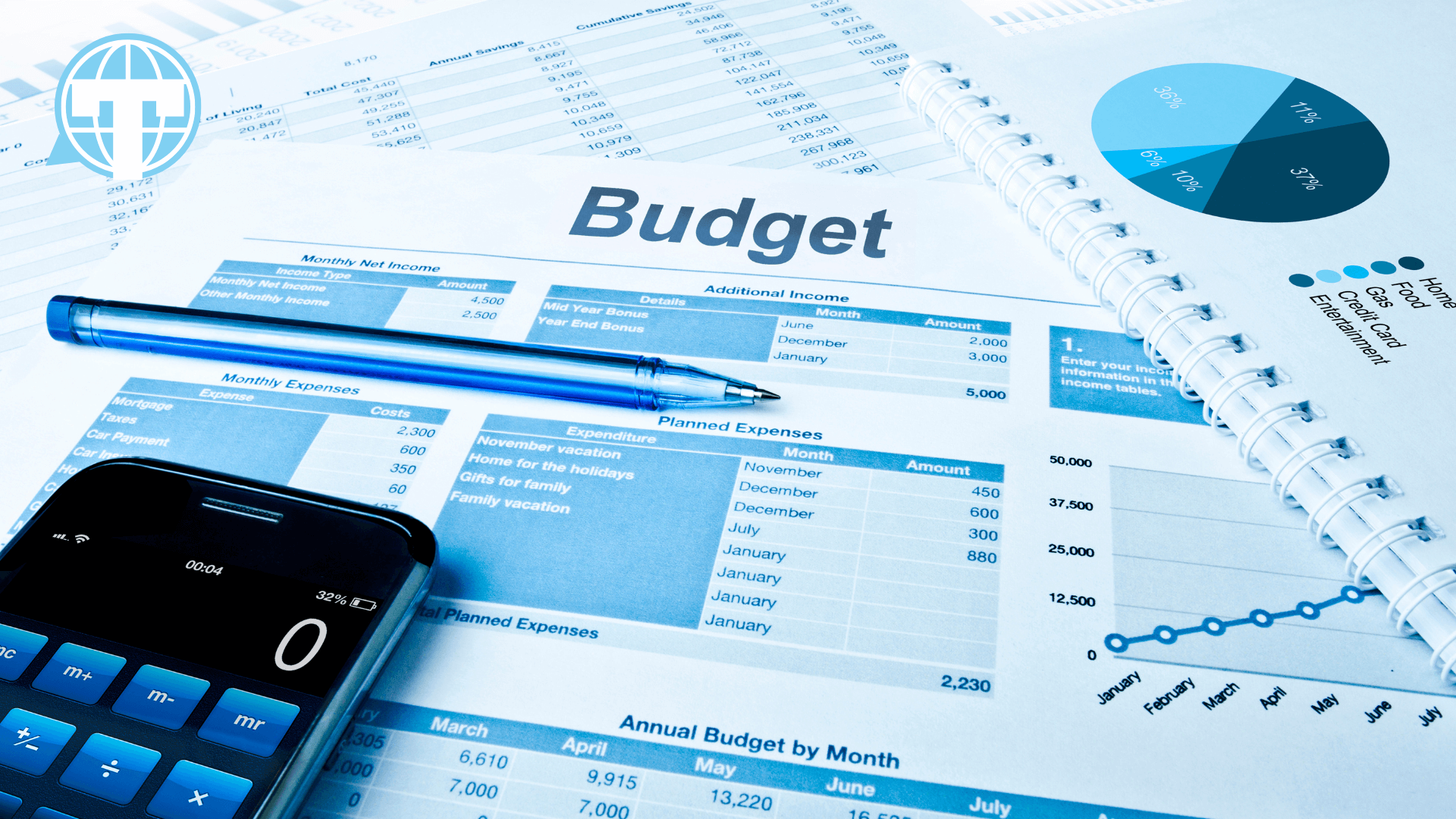Virtual Assistant Help & Insights
What Does a Virtual Assistant Do? 6 Powerful Tasks to Boost Your Business
What does a virtual assistant do? Learn the essential tasks VAs handle—like admin, social media, and design—so you can focus on growing your business.
Read MoreFind Your Perfect VA Match
Fill out the form below so we can connect you with a skilled Virtual Assistant based on your needs and goals.
When to Use Emergency Fund: 7 Powerful Situations That Could Save Your Finances

Knowing when to use emergency fund is crucial for financial security. An emergency fund is designed to cover unexpected expenses that could disrupt your income or daily life. Understanding exactly when to use emergency fund helps you avoid debt, maintain stability, and gain peace of mind during difficult situations. Common scenarios include sudden job loss, medical emergencies, urgent repairs, and other unforeseen financial burdens. In this article, we’ll detail 7 critical situations where tapping into your emergency fund is appropriate, ensuring you protect both your finances and long-term goals.
1. Sudden Job Loss
Losing a job unexpectedly can jeopardize your financial stability. Knowing when to use emergency fund in this scenario allows you to cover essential expenses such as rent, groceries, and utilities for several months while searching for new employment. Experts recommend saving 3–6 months of living expenses. For guidance on budgeting and building savings, check How to Make a Budget Step by Step (7 Proven Steps for Beginners to Succeed).
2. Medical Emergencies
Unexpected medical bills can be a major financial strain. Even with insurance, emergency treatments, surgeries, or hospital stays may require significant out-of-pocket costs. Knowing when to use emergency fund ensures timely medical care without relying on high-interest debt. Resources like HealthCare.gov provide helpful guidance on managing unexpected healthcare costs.
3. Urgent Home Repairs
Major home issues, such as a leaking roof, plumbing disaster, or broken HVAC system, can be costly. Your emergency fund should cover repairs that are essential to maintaining your home’s safety and functionality. Avoid using these funds for non-urgent home improvements or aesthetic upgrades. For tips on home maintenance, visit Better Homes & Gardens.
4. Critical Vehicle Repairs
Reliable transportation is essential for work and daily responsibilities. If your car breaks down, knowing when to use emergency fund to cover repairs helps you avoid disrupting your livelihood. For vehicle maintenance tips, visit Consumer Reports.
5. Unexpected Travel Due to Family Emergencies
Family emergencies, such as a serious illness or a funeral, may require immediate travel. Using your emergency fund prevents financial stress during emotionally challenging situations. Planning ahead and keeping a portion of your fund liquid ensures you can cover these urgent expenses.
6. Major Insurance Deductibles
While insurance protects against large financial losses, deductibles can be substantial. Knowing when to use emergency fund ensures you can pay deductibles for health, auto, or home insurance, preventing financial strain while maintaining coverage benefits. For detailed insurance advice, check Insurance Information Institute.
7. Unforeseen Legal Expenses
Unexpected legal issues—such as lawsuits, fines, or urgent consultations—can arise at any time. Using your emergency fund helps manage these costs without compromising financial stability. Always reserve your fund strictly for emergencies to avoid unnecessary depletion.
Tips for Maintaining Your Emergency Fund
- Keep it Separate: Maintain your emergency fund in a dedicated savings account to prevent accidental spending.
- Replenish After Use: Rebuild the fund promptly after using it.
- Review Annually: Adjust the fund to reflect lifestyle changes, inflation, or new financial responsibilities.
- Prioritize Necessities: Only tap the fund for essential, unforeseen expenses.
Common Mistakes to Avoid
- Using the fund for vacations, luxury purchases, or routine bills.
- Failing to track expenses, which can lead to premature depletion.
- Keeping an underfunded emergency account that doesn’t cover at least 3 months of essential expenses.
Conclusion
Understanding when to use emergency fund is vital for financial resilience. The seven critical scenarios outlined—job loss, medical emergencies, home and vehicle repairs, family travel, insurance deductibles, and legal expenses—represent legitimate reasons to access your savings. By maintaining, reviewing, and replenishing your emergency fund regularly, you can navigate financial uncertainties with confidence.
Related Articles
Cash Emergency Fund: 7 Powerful Tips to Protect Your Finances in 2025
Build a cash emergency fund with 7 practical steps to cover unexpected expenses, reduce stress, and secure your financial future...
Read MoreWhat Are Emergency Funds Used For: 7 Powerful Reasons You Can’t Ignore in 2025
What are emergency funds used for? Find 7 practical ways these funds protect your finances and give peace of mind...
Read More10 Powerful Budgeting Tips for Low Income Families to Transform Finances in 2025
Manage your money smarter with 10 practical budgeting tips for low income families to reduce stress, save more, and gain...
Read MoreHow to Make a Budget Step by Step (7 Proven Steps for Beginners to Succeed)
Master how to make a budget with 7 proven steps. Take control of your money, cut stress, and start reaching...
Read More



